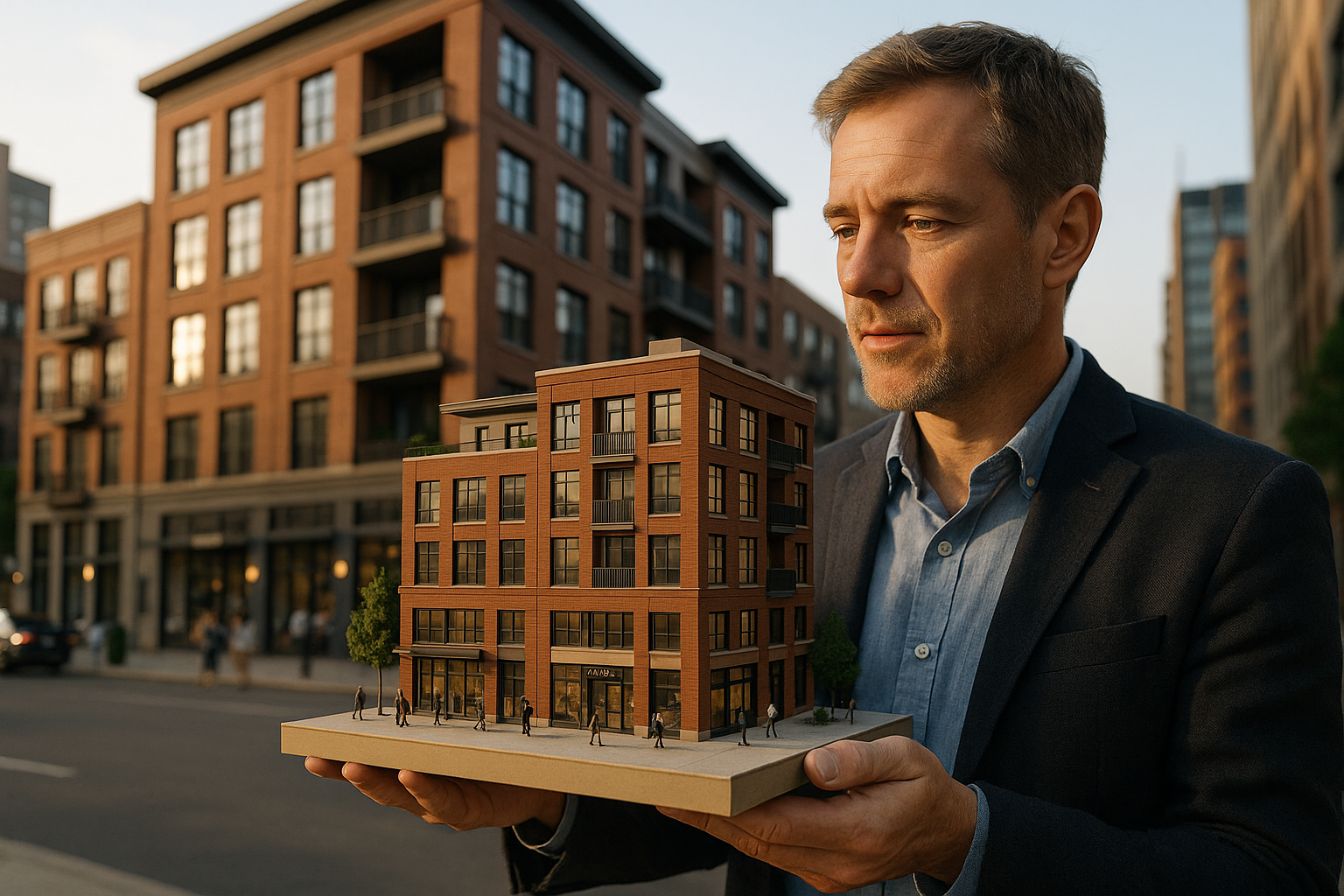Emerging Markets and Buyer Demand for Upscale Residential Spaces
Global shifts in wealth distribution, remote work, and urban redevelopment are reshaping demand for upscale residential spaces. This article reviews how investment patterns, sustainability priorities, architecture and design preferences, and broader market trends influence valuation and financing choices for premium property in emerging markets.

Demand for upscale residential spaces in emerging markets is becoming more nuanced as buyers weigh lifestyle priorities against long-term investment potential. Investors and high-net-worth individuals increasingly look beyond traditional hubs to identify premium property that offers exclusivity, distinctive architecture and design, and operational resilience. These choices are framed by market trends, regulatory contexts, and the practicalities of financing and taxation, making careful due diligence essential before purchase.
How do investment and market trends influence demand?
Global capital flows and local market trends both shape buyer interest in upscale housing. Investors assess macroeconomic stability, currency outlook, and projected infrastructure developments when evaluating property in emerging economies. Demand often follows improvements in transportation links, hospitality offerings, and international connectivity. Buyers are balancing expectations for rental income and resale appreciation against regional risks, using investment models that account for volatility, diversification benefits, and shifting preferences among international and domestic purchasers.
What property characteristics define premium and exclusive spaces?
Premium and exclusive residences combine location, privacy, and materials quality with curated services and amenities. Distinctive architecture, high-end finishes, and adaptable interior layouts help properties retain value. In many emerging markets, projects that showcase a fusion of contemporary design and local craftsmanship attract attention from buyers seeking cultural authenticity alongside comfort. Concierge services, secure access, and proximity to quality schools or green spaces further distinguish properties in the premium segment.
How does sustainability affect architecture and design choices?
Sustainability considerations increasingly inform design and material selection for upscale homes. Energy-efficient systems, passive design strategies, and responsible sourcing of materials can reduce operating costs and appeal to environmentally conscious buyers. Sustainable architecture may also support compliance with evolving local regulations and influence insurance or financing terms. Developers that integrate water-saving measures, renewable energy options, and durable finishes can create properties that are both marketable and resilient over longer holding periods.
How are valuation, financing, and taxation handled in emerging markets?
Accurate valuation requires adjusting comparable sales for differences in location, construction quality, and market trends. Financing options vary by jurisdiction: foreign buyers may face limited access to local mortgages and often rely on international banks or developer financing. Taxation can significantly affect net returns through property taxes, transfer fees, and capital gains rules. Comprehensive due diligence should include consultation with local tax advisors and lenders to model financing scenarios and anticipate ongoing ownership costs.
What role do staging and due diligence play in sales and resale?
Professional staging and presentation can materially affect buyer perception in the upscale segment, helping purchasers visualize lifestyle and spatial potential. Staging often emphasizes architecture and interior design choices that resonate with target demographics. Equally critical is rigorous due diligence: verifying title, construction quality, permits, and developer track records reduces transaction risk. Independent inspections and documented maintenance histories support transparent valuation and help buyers avoid costly surprises after acquisition.
How does technology shape global access and buyer behavior?
Technology expands the pool of potential buyers through virtual tours, high-resolution marketing, and data-driven targeting. Proptech tools enhance transparency with analytics for valuation, streamlined financing applications, and digital document workflows that ease cross-border transactions. Technology also supports smarter home features that appeal to premium buyers seeking convenience and sustainability. Despite digital advances, combining virtual insights with local expertise remains important for legal, taxation, and logistical clarity in emerging markets.
Emerging markets offer opportunities for premium property investment, but they also demand a disciplined approach. Balancing architectural ambition, sustainability, and staging with careful valuation, financing planning, and thorough due diligence can improve the prospects for long-term value. Monitoring market trends and leveraging technology for research and marketing help buyers and investors make more informed decisions while navigating local regulatory and economic complexities.






